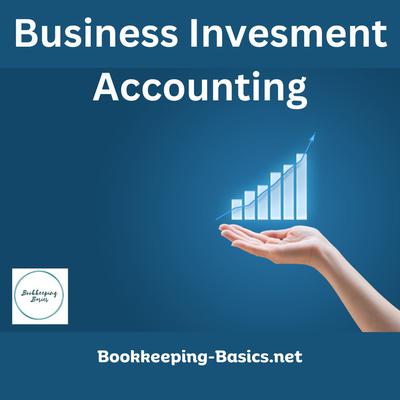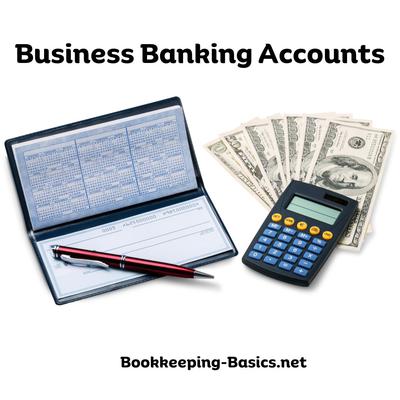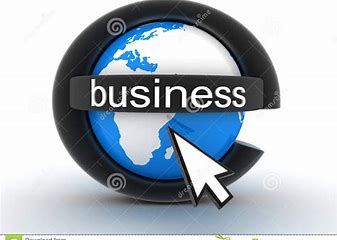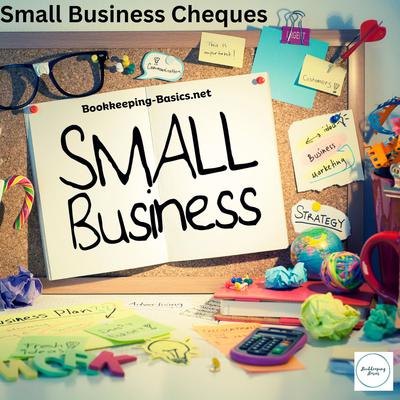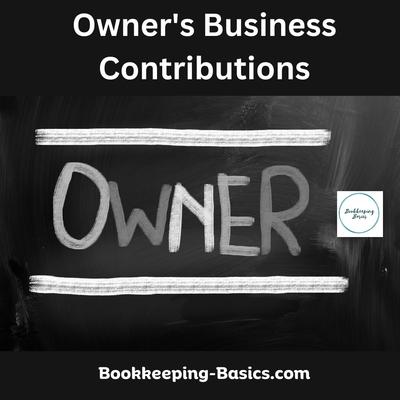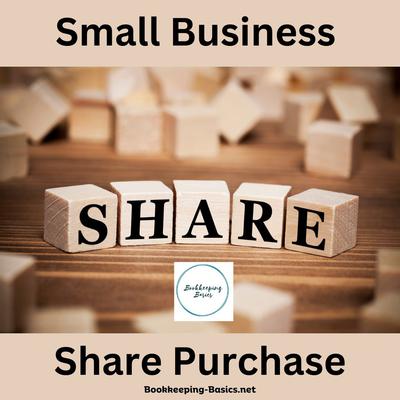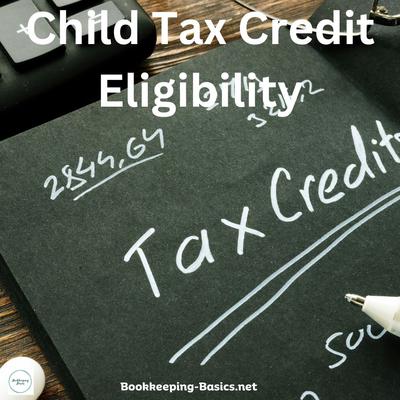- Home
- Questions and Answers
- Using Personal Money for Business Purchase
Business Expenses Paid By Personal Bank Account
I am setting up a new client and he did not have a business bank acct opened up the first month he was in business. He paid and used his personal checking to pay for items he needed for the business. I have balanced his business account. However, I need to know how to record the business expenses that were paid out of his personal checking?
Comments for Business Expenses Paid By Personal Bank Account
|
||
|
||
Comments for Business Gas Expense
|
||
|
||
Business Investment Accounting
by Loree
(Great Falls, MT)
I do the books for a small 501(c)(3) which recently received a relatively large amount of money from another nonprofit that decided to merge interests with mine. Should I debit cash and credit some kind of capital fund or income?
Thank you!
Comments for Business Investment Accounting
|
||
|
||
Business or Personal Account
by Julia
(USA)
Hello, I just opened a small business as a s-prop. Should I have to open a business account in a bank, or I could use my personal account? And should I get EIN for the business? Thanks a lot.
Comments for Business or Personal Account
|
||
|
||
Business Question Now
Which are some ways businesses helped to make American's lives more enjoyable in the early 1900s?
Comments for Business Question Now
|
||
|
||
HST Transition Support Cheque for Small Business
by Deb
(Ontario)
To which GL account should I post the Ontario government's cheque for small business HST transition support. I don't have a GL called "Other Revenue". Do I need to create that GL?
Thanks.
Comments for HST Transition Support Cheque for Small Business
|
||
|
||
Capital Contribution Start-Up Business Costs
by Bethany Sloan
(Yucaipa, Ca)
How can I properly record in QuickBooks the occasional transfer of funds from my personal checking account to my business account to cover inventory costs, ensuring that my balance sheet doesn't reflect debt?
Comments for Capital Contribution Start-Up Business Costs
|
||
|
||
If a business received $2000 from sales
by Colette Bascome
(Bermuda)
If a business received $2000 from sales, this would
a) increase assets and increase owner's equity.
b) increase assets and decrease liabilities.
c) increase liabilities and decrease owner's equity
d) decrease assets and decrease owner's equity.
Moving Data Into New Business Accounts In Mid Fiscal Year!
by Frustrated and Dazed
(Maryland )
We have a new accountant who wants me to create 4 new company files w/in QB for the 4 other companies I have including moving all the years expenses and balances to the new accounts. Currently these expenses and bank accounts are located in one qb company file and reconciled each month, with the expenses being broken down in classes representing each company. It was set up this way since the owners mingle credit cards charges, payments, bank income, loans and expenses from their other business accounts. So one loan taken out for company a is being paid by company b, while company b may sometimes use their charge card to pay for expenses to company C. I know it's easier to do it with separate companies but when you mingle funds it's a nightmare. I'm sure I'll see entries along the way from one company that needs to be entered into some other company. So I need to know how to do this so I'm not entering the same data multiple times.
I set up the individual Books for all 4 of the companies and pluged in the opening balance as of March 31 of this year, (one date was a good as any other in my opinion) so I only have to reenter the 2nd and part of the 3rd quarter data. My question is this:
How do I zero out the first quarter entries in the one multi company file in QB? I'm sure no matter what i do I'm going to be doing a lot of data entry for a long time to play catch up.
I had some cheat sheet notes once but I can't seem to find them, now that I need them.
Property Survey and Home Based Business
by Rita
(Ontario)
To establish my driveway as being non mutual/shared driveway for my business I had to have a real property report done to determine the boundary lines. Can I claim the property survey as a business expense? How about also the fence I erected to define the boundaries after?
Quicken Home and Business Category For Salary?
by Marti
I am a sole proprietor with a very small, simple business (tutoring.) How do I categorize withdrawing money? I have my salary category as under the "personal income" type in my personal checking account for my deposits, but when I withdraw money for my salary from the business account I don't see anything appropriate in the standard quicken categories. I have thought it would come up as some type of business expense, but I need to make sure. Also when I try to set up such a category quicken seems to want to automatically re-assign the withdrawal to "personal expense."
thanks
Marti
Recording My Business Expenses
I'm starting a business and would like to know when I record my operating expenses(materials, supplies, ect) should I include the state sales tax or just the subtotal on the receipt? Thank you.
Comments for Recording My Business Expenses
|
||
|
||
Small Business Aquisition Bookkeeping Question
I recently purchased an existing company, purchasing shares.
I paid 220k thousand, received 100 shares total split 50 for each myself and my husband.
Current books show goodwill at 209k and share capital at 100 dollars.
How do I appropriately record this purchase to ensure I can claim my future capital gains exemption?
Comments for Small Business Aquisition Bookkeeping Question
|
||
|
||
Small Business Impact On Child Tax Credit
by Kate
(Kent, WA)
Last year I was a SAHM and my husband was in school full time, so neither of us had income and could not claim our kids for the tax credit. This year I am wondering how I can get it. My husband is still in school, and I just started a business.
I was told that I have to make $3000 to claim a child, is this so? And if so, what if I make less than that - do my write offs help with that at all? Also - as a business owner, how much can I make and claim the earned income credit? Thank you in advance for any help you can provide.
Comments for Small Business Impact On Child Tax Credit
|
||
|
||
Transferring Funds From Personal Account To Business Account
by Deb
(cincinnati, oh)
How do you record funds that were transferred from a personal account to a business account and then the funds paid taxes from the business account?
Using Personal Money for Business Purchase
The owner of our company deposited his personal money into the business account to purchase a company vehicle. When entering it into check register, how do I "code" the deposit? Loan to company" Automobile expense?
Help please...
Patty
Please subscribe to my monthly newsletter, Bookkeeping Basics E-zine. It tells you every month about the new information that I have added, including some great tips and advice from myself and other Bookkeeping Basics readers.
Like Bookkeeping-Basics.net?
- Home
- Questions and Answers
- Using Personal Money for Business Purchase



